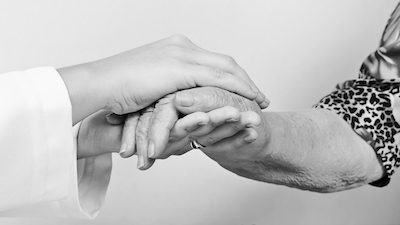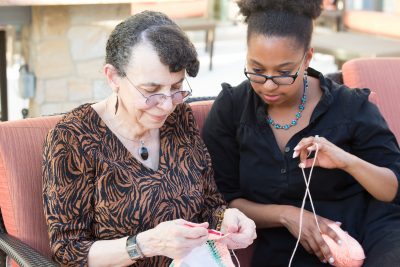Quarantine in Long-Term Care: Prevention at What Cost?
In response to the emergence of COVID-19, the Centers for Disease Control issued a preparedness checklist and guidance on how long-term care providers should respond. The guidance includes restricting all visitors except for end of life and/or other compassionate care situations. There are also recommendations to restrict volunteers and non-essential personnel (e.g., stylists, chaplains, etc.) from entering a long-term care community. Other suggestions include canceling all group activities and communal dining.







